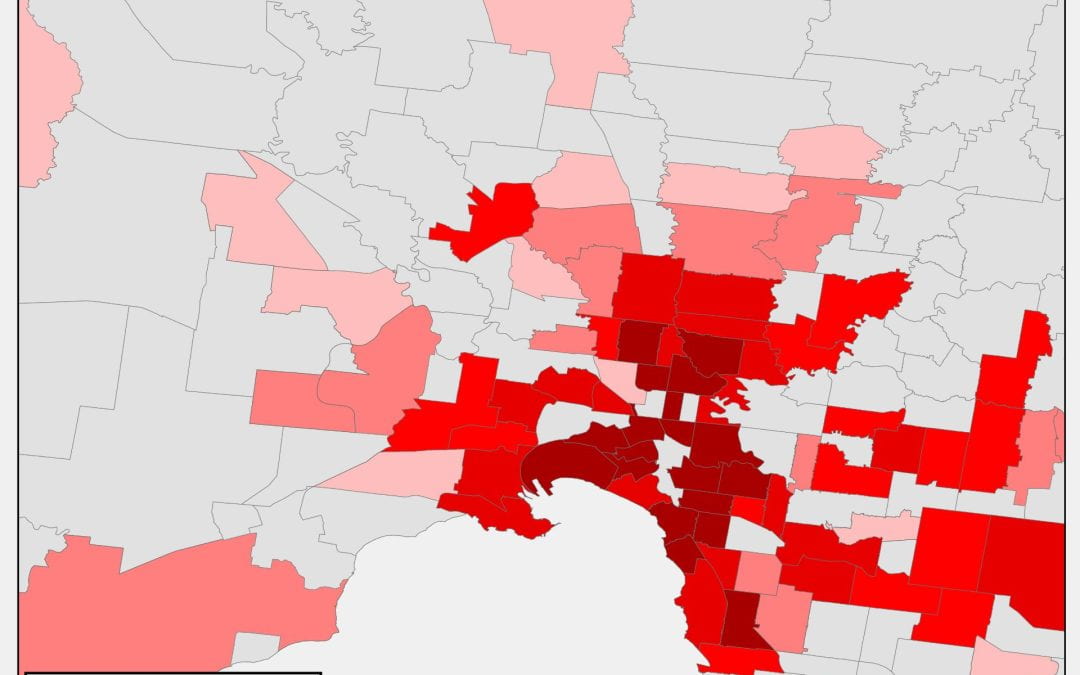
Using APM (Australian Property Monitors) Point Level Data and the Inside Airbnb dataset available through AURIN, researchers at the University of Auckland have assessed the impact of short-term tourism rentals, in particular, those through Airbnb, on rental prices across different suburbs in Melbourne, Australia.
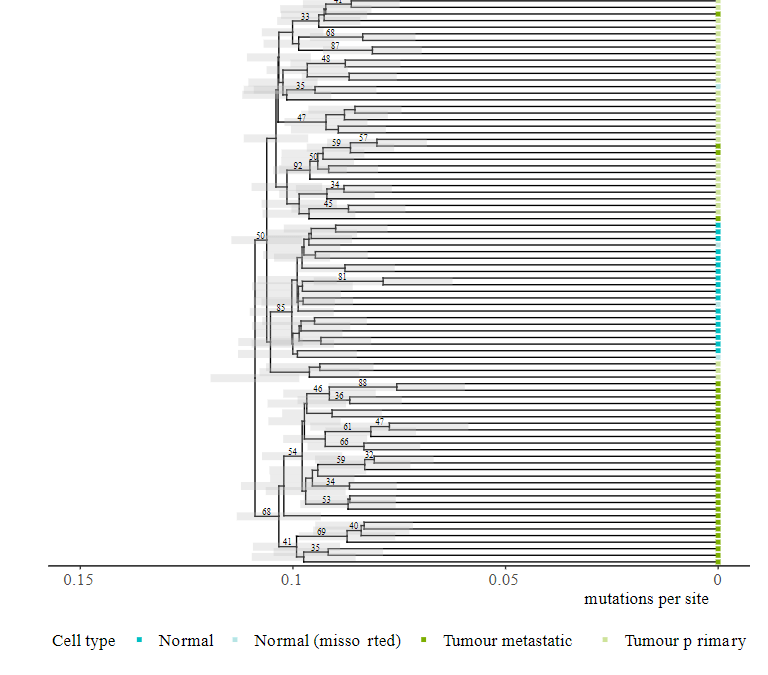
Reconstruct the phylogenetic history of a colorectal cancer patient and a healthy patient from single-cell DNA sequencing data.
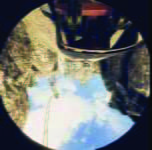
VR gaming has been gaining widespread popularity in recent years. However, up to 40% of users suffer from VR motion sickness. The adverse effects can severely undermine the user experience. Recently, researchers have proposed the use of machine learning approaches to identify the presence of motion sickness.
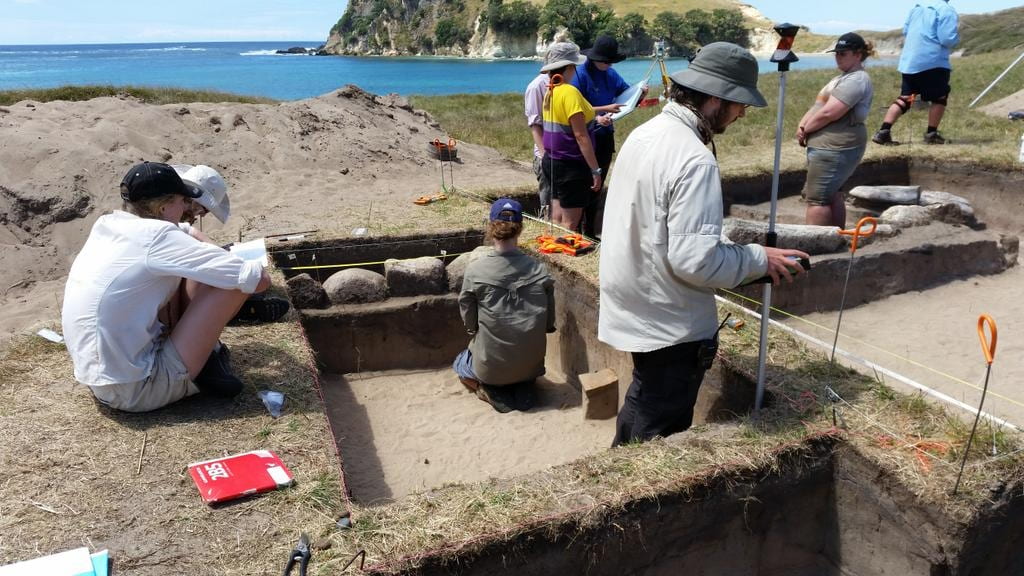
The Archaeology eResearch Collaboration Initiative (ARCI) is a research group specialising in the management and analysis of data intensive archaeology. In tandem with the Centre for eResearch, we are currently trialling the CollectiveAccess deployment to collaboratively record, manage, and explore archaeological data and metadata relating to the Ahuahu Great Mercury Island project.
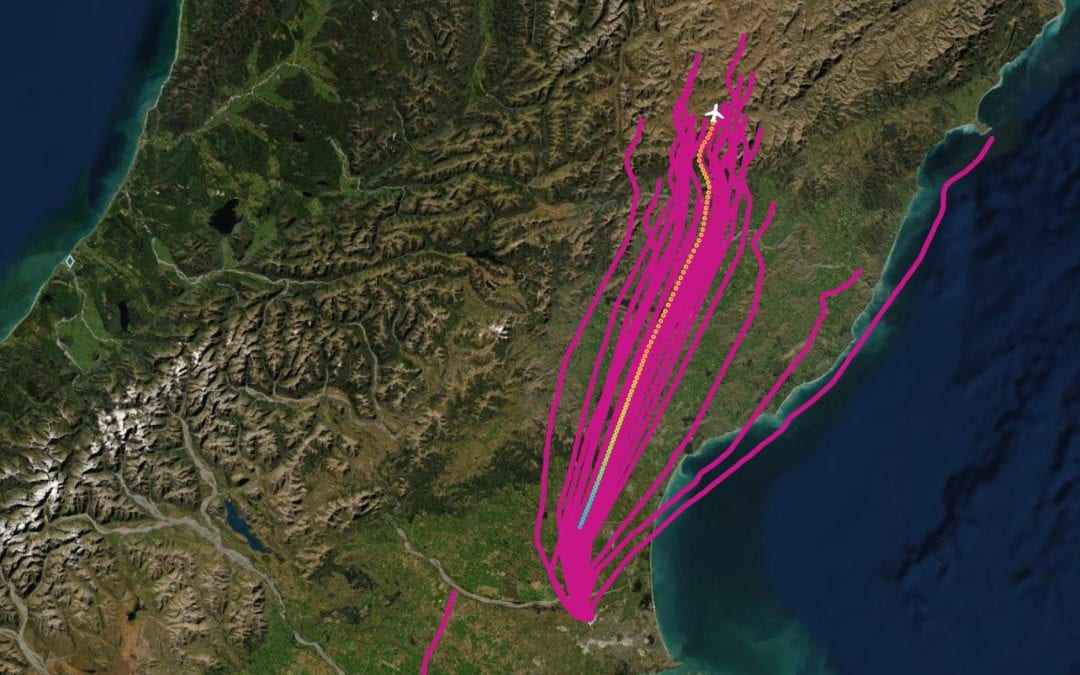
ongowai (Rongo – to sense; wai – water) is an international collaborative mission hosting a next-generation Global Navigation Satellite System Reflectometry (GNSS-R) payload on board a commercial Q300 aircraft to collect climate data about New Zealand during flight.
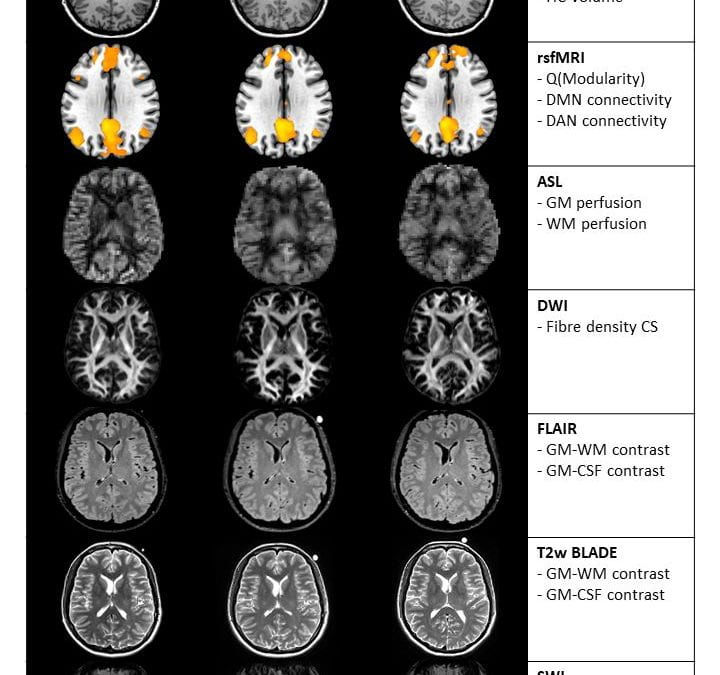
Approximately 50 million people are living with dementia worldwide, and in New Zealand, 1.4% of the population have Alzheimer’s disease or related dementia. With an ageing population, the prevalence is predicted to double by 2050
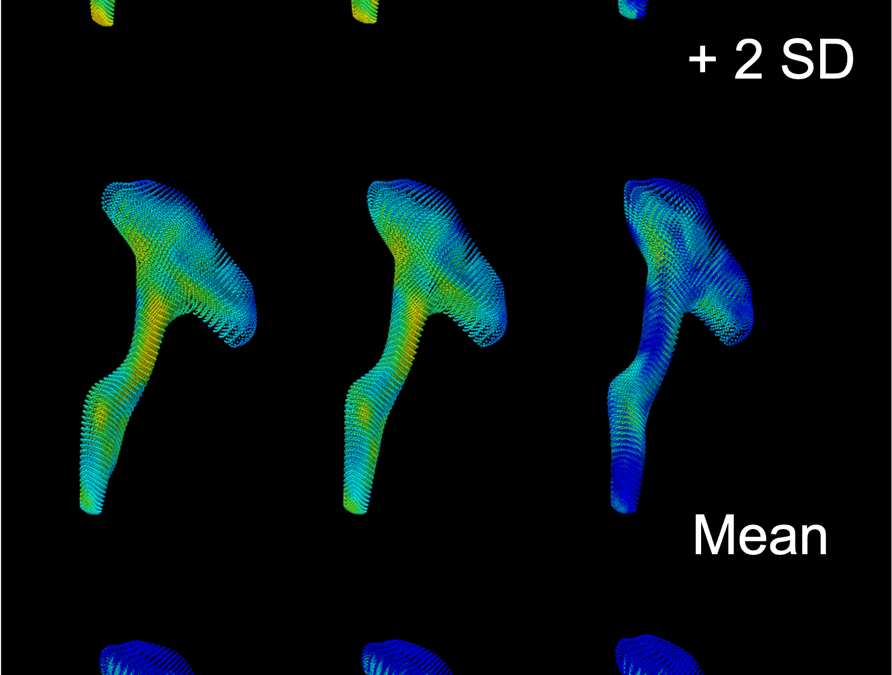
Developing a novel technique that integrates diffusion tensor (DTI) metrics along the whole volumes of the Fibre bundle using a mesh-fitting technique.

Melanoma is the deadliest form of skin cancer with increasing worldwide incidence. Understanding the underlying mechanisms driving melanoma is crucial for better treatment and prevention.

Using Statistics New Zealand’s Integrated Data Infrastructure (IDI) would enable linkage between NZ Police, health and social sector data, to better understand citizens in mental distress.

The project began with a patient’s decision to donate her inoperable cancer tissue for research. Over the years, medical monitoring has enabled scientists to gather a large amount of information on the growth of cancer as well as its distribution in the patient’s body.









